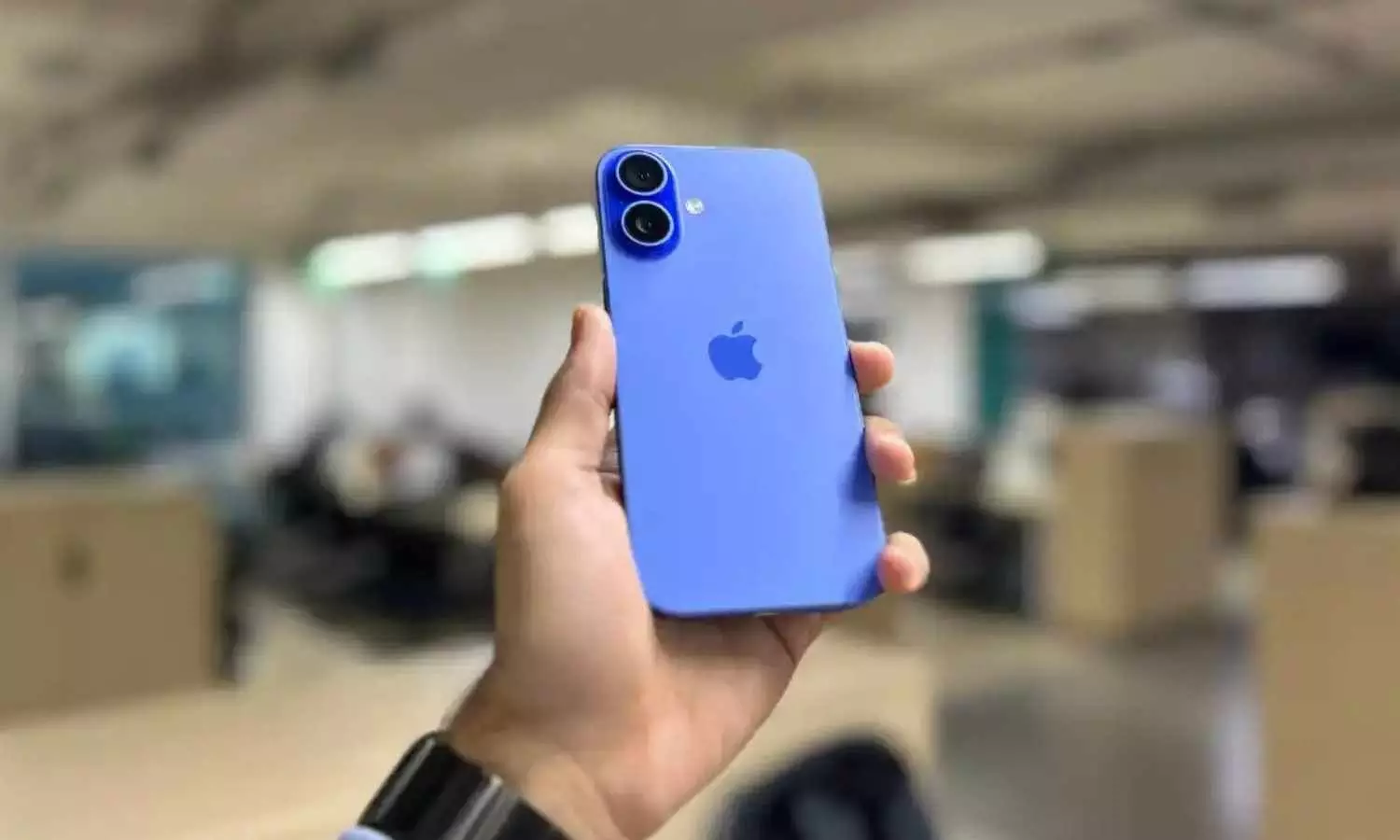India-Made iPhone 17 Set for U.S. Export as Apple Defies Trump’s Pushback
Apple is ready to start exporting iPhone 17 from its Bengaluru facility to the U.S., marking a key milestone for Karnataka’s manufacturing sector. Minister M. B. Patil confirmed the Foxconn plant's readiness, while global and political reactions including criticism from Donald Trump highlight the complex dynamics of Apple’s India strategy, incentives under the PLI scheme, and the impact on domestic industry.
India-Made iPhone 17 Set for U.S. Export as Apple Defies Trump’s Pushback

Apple is ready to initiate the export of its first batch of iPhones to the U.S. market from its manufacturing facility in Bengaluru. According to the sources, Karnataka Minister M. B. Patil shared an update via a post on X (formerly Twitter),stating that Foxconn’s facility at Devanahalli ITIR in Bengaluru is almost ready to begin exporting iPhone 17 to the United States, potentially starting as early as June.This development marks a major milestone for Karnataka on the global manufacturing stage. Patil highlighted that it not only boosts the state's position in international production but also attracts greater foreign investment, all while safeguarding the interests of key stakeholders.
Early this month ,while on a business trip to Doha,Qatar,U.S.President Donald Trump voiced his disapproval to Apple CEO Tim Cook, and stated, “Told Apple CEO Tim Cook we’re not interested in you building in India; they can take care of themselves.” He criticized Apple’s increasing manufacturing footprint in India, asserting that he would only support the move if it served the Indian market exclusively. Trump further added that Apple plans to ramp up its production efforts within the United States.
Ajay Srivastava, founder of the Global Trade Research Initiative, believes that if Apple CEO Tim Cook decides to shift manufacturing from India to the U.S., it would be a bigger loss for Apple than for India. While India may lose some low-wage jobs, the overall impact is limited—currently, the country earns approximately USD 30 per iPhone. However, a significant portion of that revenue is returned to Apple through incentives provided under the Production Linked Incentive (PLI) scheme.In an effort to meet the needs of global tech giants like Apple, India has been reducing import duties on key smartphone components. While this move favors multinational companies by lowering production costs, it creates hurdles for domestic manufacturers striving to build a robust local supply chain and strengthen homegrown industry.

